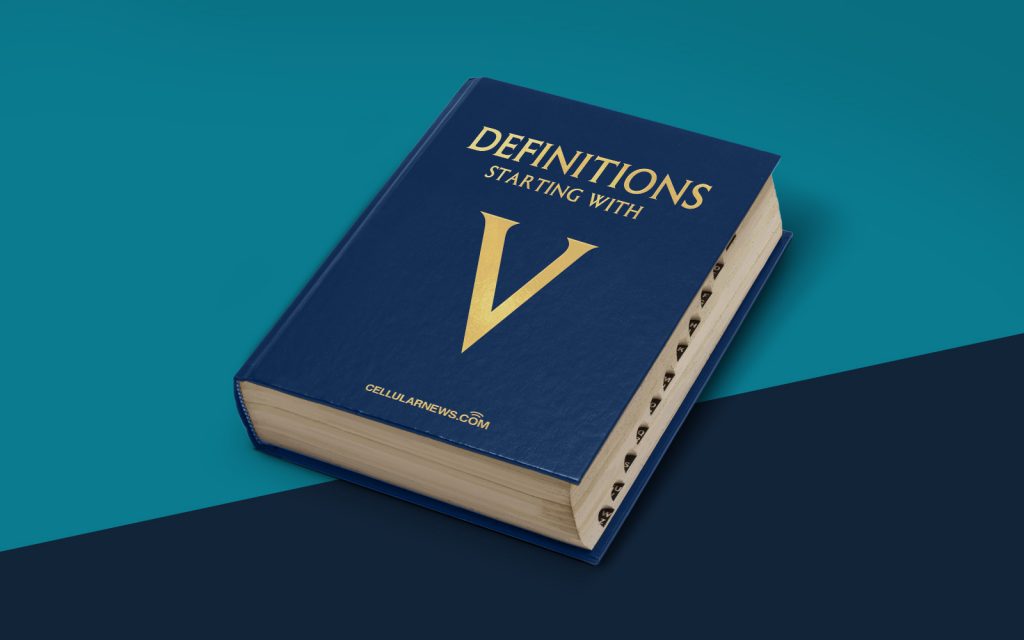
What is a Variable in Programming?
Welcome to our “DEFINITIONS” category, where we explore the fundamental concepts of programming. Today, we’re going to dive into the world of variables. So, what exactly is a variable in programming? Let’s find out!
At its core, a variable is a named container that holds a value. It can be thought of as a placeholder or a storage location that allows you to store and manipulate data in your computer program. Variables are essential in programming as they help us manage and process information effectively.
Key Takeaways:
- A variable is a named container that stores data in a computer program.
- Variables play a crucial role in managing and manipulating information within a program.
Now, let’s delve a little deeper into the world of variables. In programming, a variable consists of three fundamental components:
- Name: Every variable has a unique name, which helps us identify and reference it in our code. The name of a variable must follow certain rules and conventions, such as starting with a letter and only containing letters, numbers, or underscores.
- Type: Variables can hold different types of data, such as numbers, text, or Boolean values. The type of a variable determines the kind of data it can store and the operations that can be performed on it.
- Value: The value is the actual data that is stored in a variable. It can be assigned or changed throughout the execution of a program using assignment statements.
When it comes to using variables in programming, there are a few important things to keep in mind:
- Declaration: Before using a variable, you must declare it by specifying its name and type. This step informs the program that you intend to use the variable and reserves memory space for it.
- Assignment: After declaring a variable, you can assign a value to it using an assignment statement. This links the variable’s name with a specific value, allowing you to access and manipulate it later in the program.
- Usage: Once a variable has been declared and assigned a value, you can use it in your program. You can perform various operations on the variable, such as mathematical calculations, string manipulations, or conditional statements, to process or display the data it holds.
Variables are incredibly versatile and powerful tools in programming. They allow us to write dynamic and flexible code by storing and updating data as required. Whether you need to keep track of a score in a game, store user input, or perform complex calculations, variables provide the foundation for efficient and effective programming.
So, the next time you encounter the term “variable” in programming, remember that it’s not just a simple container – it’s a key piece of the puzzle that enables you to build amazing software and bring your ideas to life.
Key Takeaways:
- A variable consists of a name, type, and value.
- Before using a variable, it needs to be declared and assigned a value.
We hope this blog post has helped clarify the concept of variables in programming. If you have any further questions or would like to explore other programming definitions, keep an eye on our “DEFINITIONS” category for more insightful content. Happy coding!
